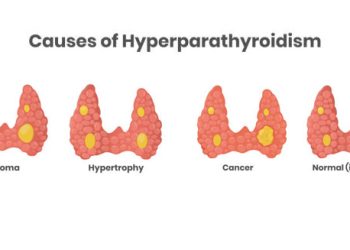Symptoms of Haemorrhoids
The symptoms of haemorrhoids vary based on their type and severity, and recognising the symptoms of haemorrhoids early is crucial for effective management. Haemorrhoids can present with a range of symptoms that impact daily life and comfort. These symptoms are generally divided into those caused by internal haemorrhoids and those resulting from external haemorrhoids.
One of the most common and noticeable symptoms is rectal bleeding, usually seen as bright red blood on toilet paper, in the toilet bowl, or coating the stool. This bleeding is typically painless and may go unnoticed until it becomes recurrent. In more severe cases, the bleeding can be heavy or cause iron-deficiency anaemia, leading to fatigue, dizziness, and pallor.
Symptoms of Haemorrhoids
Another hallmark symptom of internal haemorrhoids is prolapse. When internal haemorrhoids enlarge and protrude through the anus during straining or bowel movements, they cause discomfort and may require manual reinsertion. Prolapsed haemorrhoids often lead to mucus discharge, irritation, and a sensation of incomplete evacuation.
External haemorrhoids are associated with acute pain, especially when thrombosed. A thrombosed haemorrhoid occurs when blood clots form inside the haemorrhoid, causing a hard, painful lump near the anus. The skin around external haemorrhoids may become inflamed, swollen, and tender to the touch. Patients may also experience difficulty sitting or walking comfortably.
Itching, also known as pruritus ani, is another common symptom and results from mucus discharge or poor hygiene around the anus. Persistent itching can lead to further skin irritation and damage, creating a cycle of discomfort. Burning sensations, general soreness, and the presence of a moist or irritated feeling in the anal area are also frequently reported.
Symptoms of Haemorrhoids
Symptoms can worsen with activities that increase pressure in the rectal area, such as prolonged sitting, heavy lifting, or straining during defecation. Individuals may also notice a feeling of fullness in the rectum or discomfort after bowel movements. These signs, though not unique to haemorrhoids, should prompt medical evaluation to rule out more serious conditions.
Early recognition of the symptoms of haemorrhoids allows for timely treatment and improved outcomes. If these symptoms persist or interfere with daily functioning, professional evaluation is necessary. Left untreated, haemorrhoids may worsen, increasing the likelihood of complications and the need for surgical intervention.[Next: Treatment of Haemorrhoids →]


